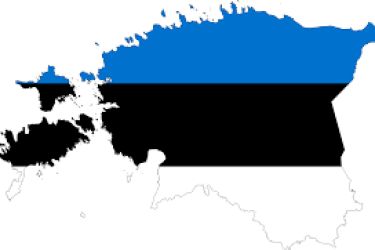
As of our last update , Estonia has seen growth as a digital society and has attracted talent from around the world. The country has put in place various schemes to facilitate the migration of skilled workers and entrepreneurs. Here are some of the work permit types and related schemes for non-EU/EEA nationals:
1.General Employment: This is for foreigners who have received a job offer from an Estonian employer. The employer often initiates the application process.
2. Short-Term Employment: If a foreigner plans to work in Estonia for up to 365 days over a period of 455 consecutive days, they can apply for short-term employment. This is common for seasonal work, consultation, or training purposes.
3. EU Blue Card: This is for highly qualified non-EU nationals. It requires a valid work contract or job offer with a certain minimum salary threshold and typically a higher education qualification.
4. Top Specialist: If an Estonian employer wants to hire a foreign top specialist (someone with special skills or knowledge), this can be done without having to meet the criteria of the Estonian Unemployment Insurance Fund.
5. Startup Visa: Estonia has an established program for startup entrepreneurs. The startup visa allows founders to live and work in Estonia while growing their startup. There are specific criteria a company must meet to be considered a startup under this scheme.
6. Students: Non-EU/EEA students studying in Estonia have the right to work during their studies without needing a separate work permit.
7. Researchers and Scientists: For individuals involved in scientific research with recognized institutions in Estonia.
8. Intra-Corporate Transfer: This is designed for managers, specialists, or trainee employees who are transferred within the same company from a non-EU country to an entity in Estonia.
9. International Agreement: Some categories, such as cultural or sports programs, might allow foreigners to work based on international agreements.
10. Settlement Permit: After residing in Estonia under a temporary residence permit for a certain number of years, a foreigner might be eligible for a long-term residence or settlement permit, which also allows them to work.
11. ICT Permit: For intra-corporate transfers within the EU, where an employee is transferred from a non-EU branch to an Estonian branch.
It's important to note that Estonia has adopted some innovative approaches to attract international talent, startups, and digital nomads. Requirements and types of permits can evolve over time, so for the most current and specific details, consulting the official website of the Estonian Police and Border Guard Board or engaging with an immigration expert in Estonia is recommended or Talk to our experts.
